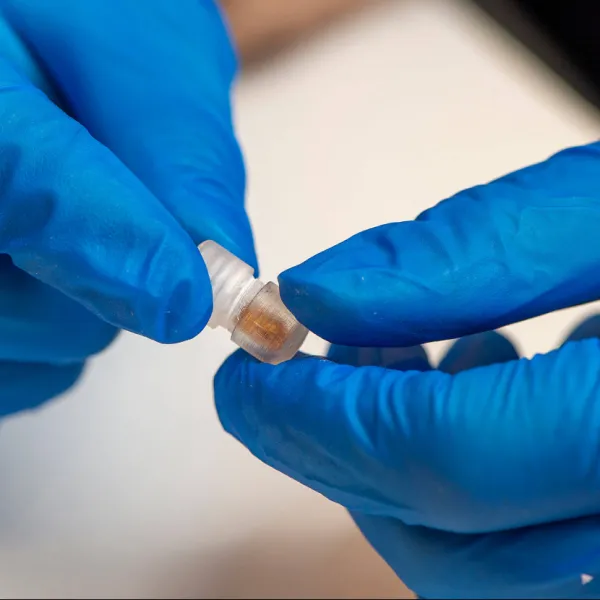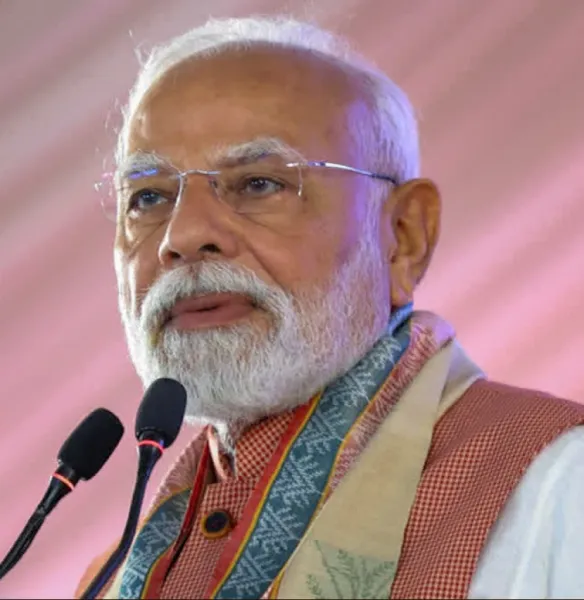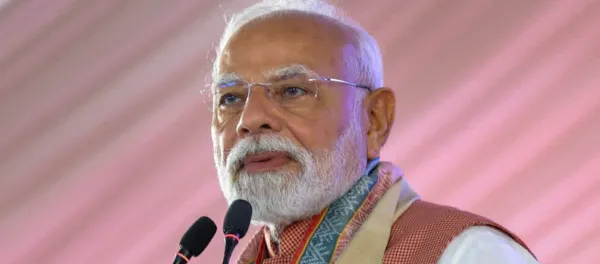Digital Health in India: What to Expect in 2025

As we move toward 2025, digital health is rapidly transforming India’s healthcare landscape. From innovations in AI and telemedicine to the increasing use of wearable devices and remote patient monitoring, digital health is poised to address long-standing challenges, especially in rural areas.
Industry leaders share their perspectives on what we can expect in the next few years and how these changes will shape healthcare delivery in India.
Unlock the Future of Digital Health — Free for 60 Days!
Join DHN Plus and access exclusive news, intelligence reports, and deep-dive research trusted by healthtech leaders.
Already a subscriber? Log in
Subscribe Now @ ₹499.00Stay tuned for more such updates on Digital Health News





























